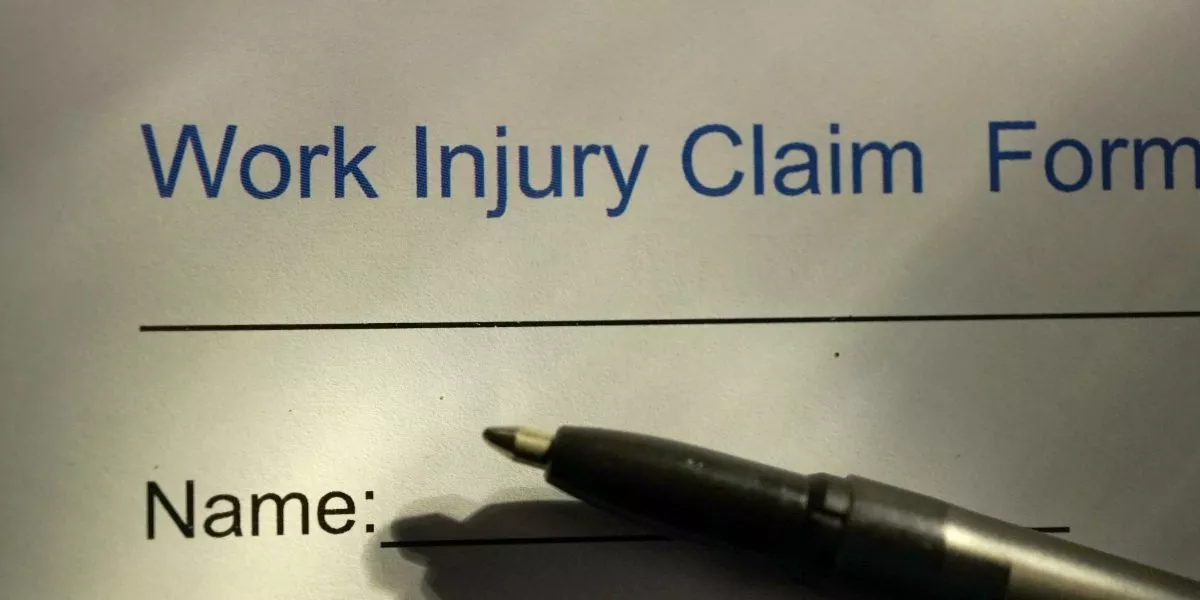If you’ve been injured or gotten sick as a result of your job, you are entitled to receive workers’ compensation benefits by law. If the injury or illness is a result of intentional or gross negligence by your employer, you may be able to file a legal claim for higher compensation. The laws are complicated and made to protect employers from high costs, so knowing your rights is essential. Read on to learn what California workers’ comp lawyers won’t tell you, but we will.
Workers’ compensation is a kind of employer insurance coverage that employers are required to have by law. This insurance pays benefits to employees who get injured or sick as a result of performing their job duties. These benefits can include the following:
Depending on the injuries or illness, workers may also be entitled to other benefits as well, such as state disability insurance, social security disability benefits, or settlements or awards from a third-party legal claim.

Workers’ comp insurance in California covers full-time, part-time, and seasonal employees, as well as most paid interns and apprentices. Generally, any illness or injury that occurs while you’re employed and as a direct result of your job duties is covered by workers’ comp. This includes:
Employer workers’ comp insurance does not cover independent contractors or unpaid workers, such as unpaid student workers or interns. It also doesn’t cover injuries or illnesses that are non-work-related or occur as a result of employees engaging in horseplay, using illicit drugs or alcohol on the job, or failing to follow safety regulations.
California has a no-fault workers’ compensation system, which means that workers do not have to prove their employer was responsible for any injury or illness, just that it is work-related. Workers’ comp also prevents employees from taking legal action against their employers in most cases.
When an employer is at fault for an injury or illness due to gross negligence, an injured worker may still be able to file a legal claim. If the worker accepts workers’ comp benefits, they might not be eligible to file a claim against their employer, and there is a limited timeframe to make the decision. If you do not report your injuries within 30 days, you may not be able to receive workers’ comp benefits.
Even for workers who are covered by workers’ comp insurance, employers and insurance companies may push back against claims to avoid paying benefits. Employers may try to illegally discourage employees from filing a workers’ comp claim or attempt to disprove the claim as intentional misconduct to prevent the worker from receiving benefits.
Insurance companies often attempt to deny claims or offer low settlements; however, settlement offers can often be negotiated. This means that the first offer a worker receives may be the lowest amount the insurance company is willing to pay, but the worker does not have to accept it, especially when they are entitled to more.
Workers’ compensation insurance protects employers from having to pay large medical bills and temporary benefits directly to injured employees. However, too many workers’ comp claims can bring unwanted regulatory attention and raise the employers’ insurance premiums. Employers and insurance companies have a whole team of trained human resources professionals and attorneys to guide them on how to handle workers’ comp claims to the company’s benefit.
While workers’ compensation helps injured workers, filing claims must follow certain steps and can be tricky, especially while dealing with an injury. The deadlines often aren’t clear, and proving that the injury is related to work can be difficult. To make sure you receive the benefits you need, contact a qualified workers’ comp lawyer as soon as you can.
A: The new workers’ comp law in California requires licensed contractors to show proof of workers’ compensation insurance coverage, even if they don’t have any employees. Some contractors are already covered by this bill, and all should be within the next few years. There are still a few exceptions, however, such as if the contractor is not licensed.
A: You cannot receive pain and suffering damages through workers’ comp in California. Workers’ comp does not cover pain and suffering, as it only pays for financial losses. However, when pain and suffering is part of a legal claim due to injury on the job, it can be included in the total settlement amount.
A: The average workers’ comp settlement in California varies widely and depends on several factors of the case. Some factors that might influence the settlement amount include:
A: Most workers’ comp attorneys in California work on a contingency basis, which means clients do not pay anything right away and instead the attorney takes a percentage of the final workers’ comp or disability settlement or award. This is usually 9-15%, and a workers’ compensation judge has to approve the fee.
Mitchell Law Corporation can help you navigate the workers’ comp system, receive the compensation you deserve, and negotiate on your behalf so you can focus on healing. Our experienced legal team treats each client’s individual situation with the personal care they need in this challenging time. If you’ve been injured on the job and need benefits to help your family, contact our office today.







